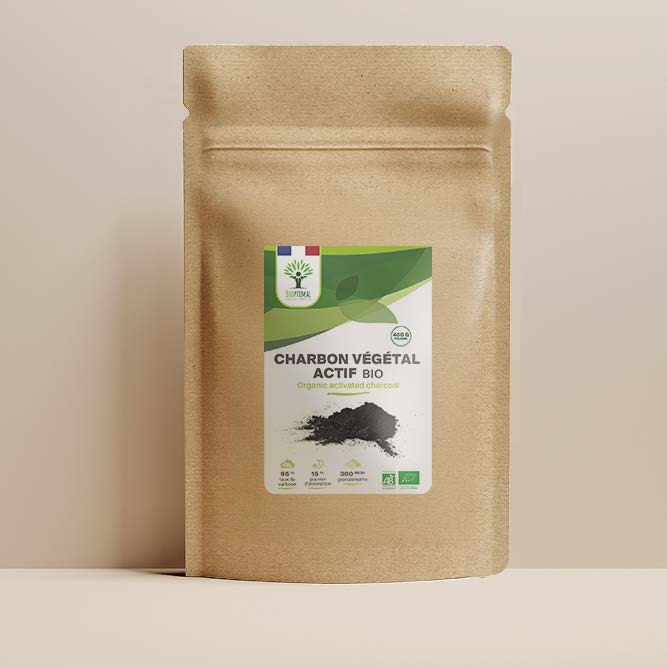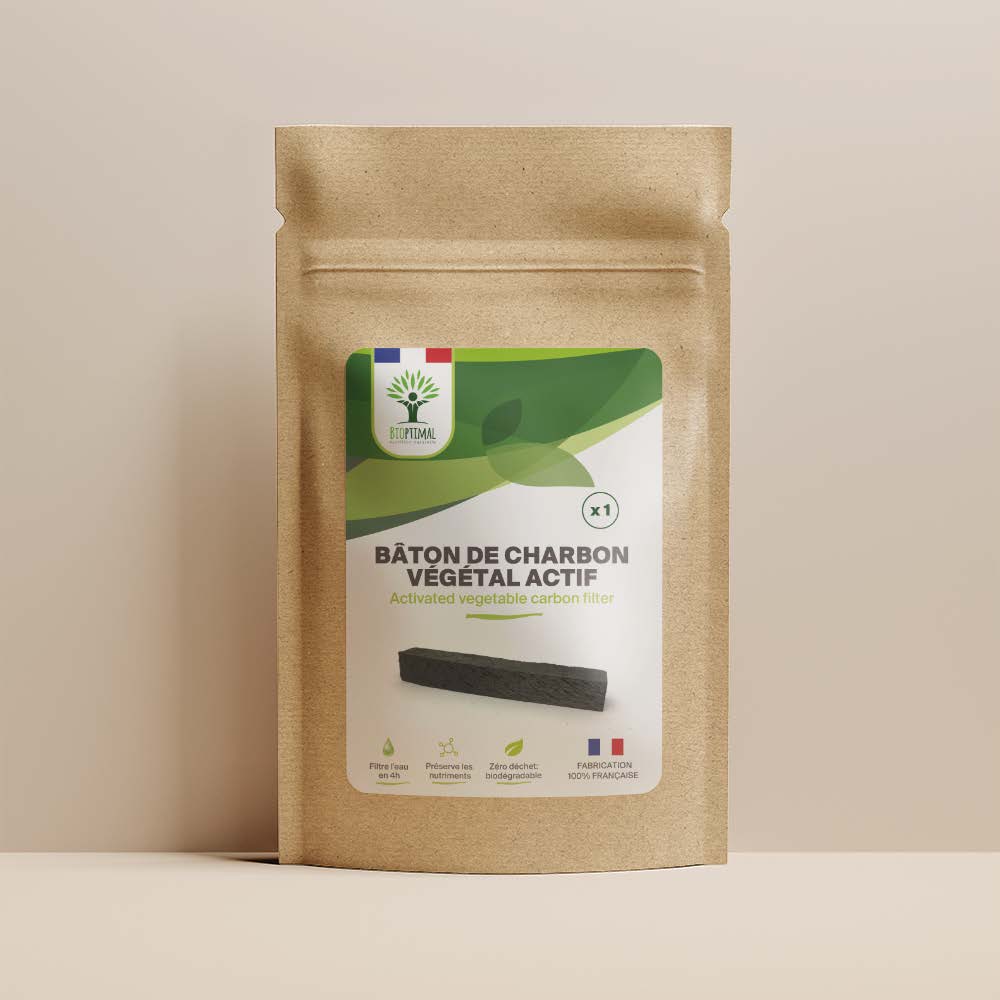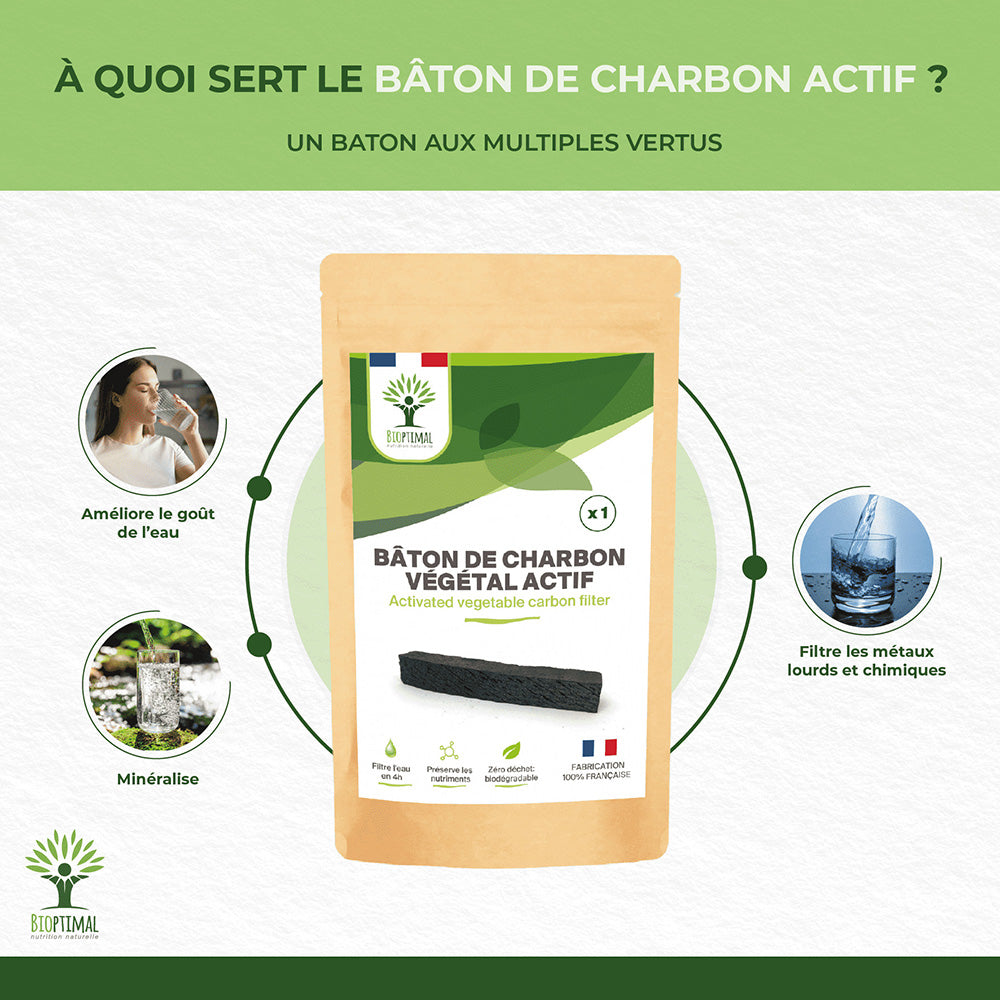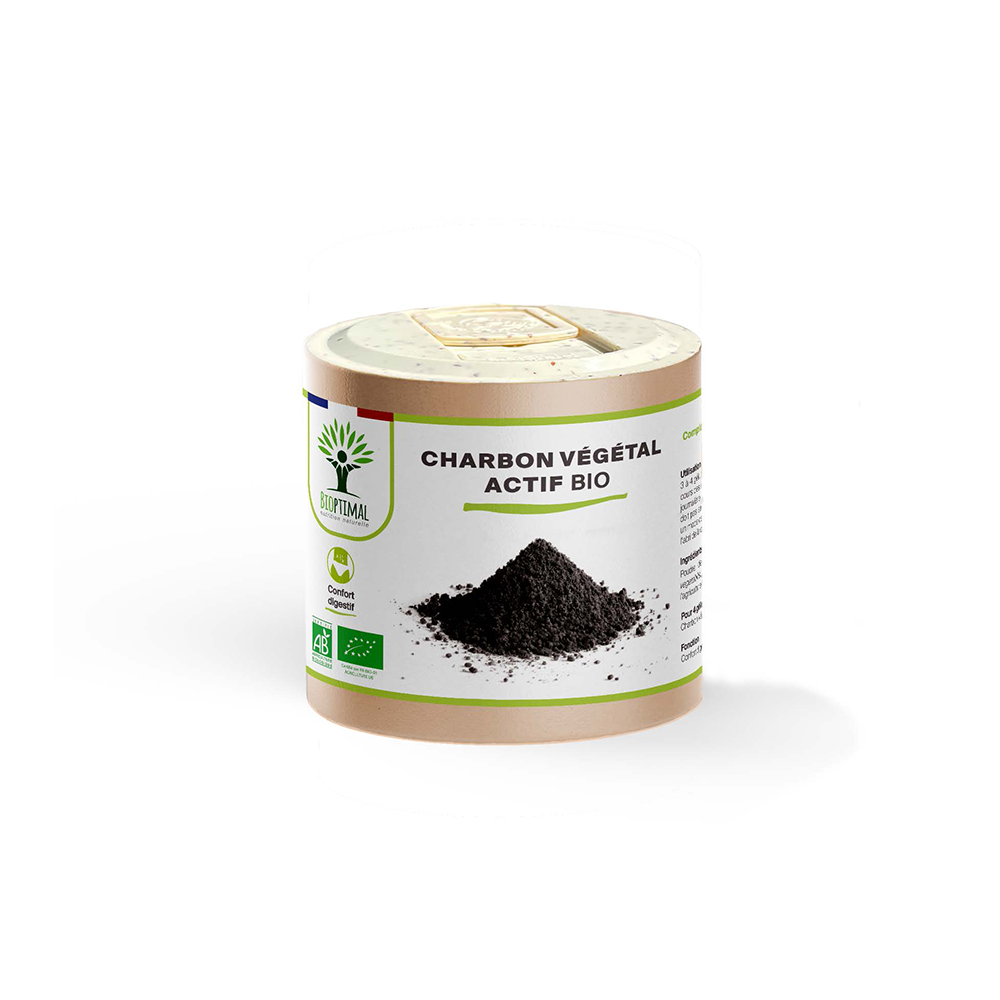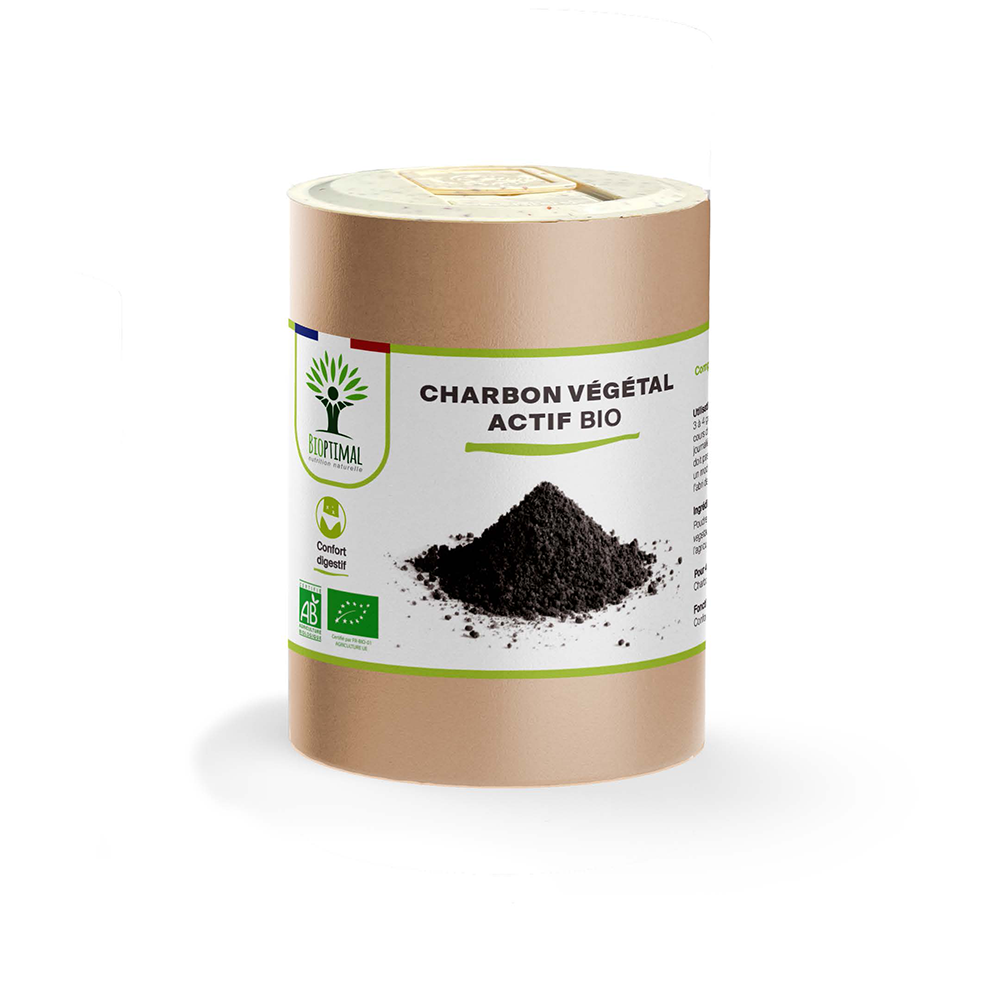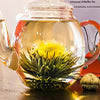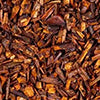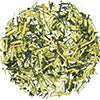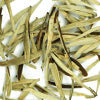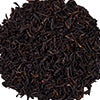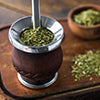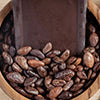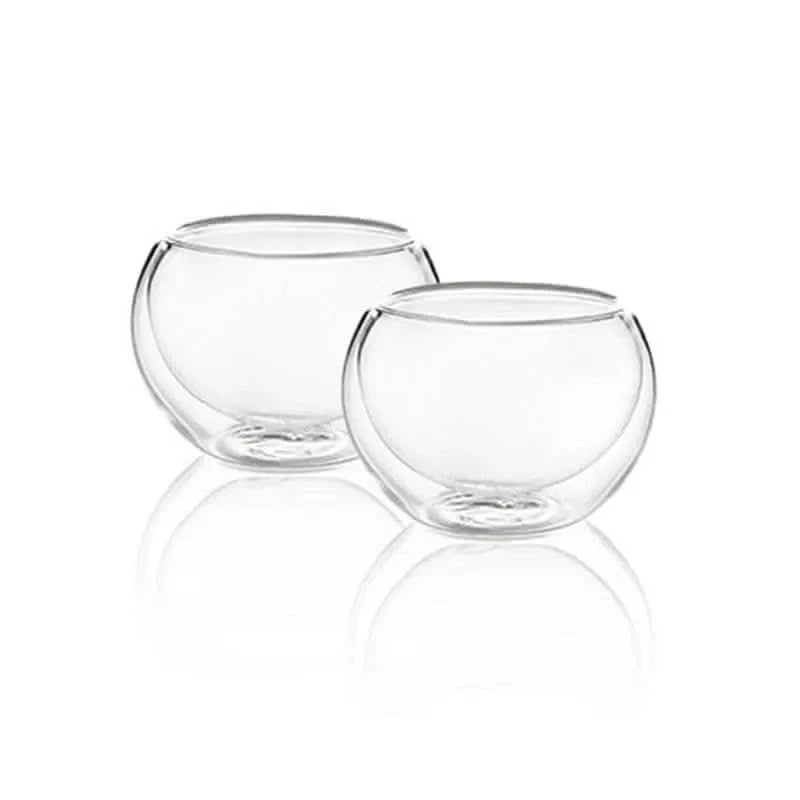Water Filters & Water Purification
Filter
Sort by:
Description
Water Filtration Systems for Optimal Tea Extraction
Water filtration technology represents one of the most critical components in tea preparation, addressing the element that comprises over 98% of every cup. Modern filtration systems remove a spectrum of impurities including chlorine, sediments, and chemicals that directly interfere with delicate flavor compounds in premium tea varieties.
Multi-stage filtration units combine physical straining mechanisms with chemical adsorption processes to eliminate both particulate matter and dissolved contaminants that mask subtle tea notes. The mineral composition of brewing water significantly impacts extraction efficiencyoolong teas typically benefit from moderate mineralization while delicate white teas respond better to softer water profiles.
Advanced filtration allows precise adjustment of mineral balance through selective ion exchange or remineralization stages that optimize water hardness between 50-150 ppm for ideal tea preparation. Laboratory analysis demonstrates that filtered water extracts up to 30% more beneficial polyphenols from tea leaves compared to untreated municipal water containing chlorine residues.
Water temperature stability, critical for proper extraction of temperature-sensitive compounds in green and yellow teas, improves with filtered water due to reduced mineral scaling in heating elements.
Types
Carbon Filtration Systems for Tea Preparation
Activated carbon filters represent the gold standard for tea preparation, employing a highly porous carbon matrix with surface area typically exceeding 1000 square meters per gram. This advanced material effectively removes chlorine, which can react with tea polyphenols to form chlorophenols that impart medicinal off-flavors. Carbon filtration also eliminates volatile organic compounds that interfere with delicate aroma compounds in premium teas.
Reverse Osmosis Systems with Remineralization
Reverse osmosis filtration produces exceptionally pure water by forcing water molecules through a semi-permeable membrane with pores approximately 0.0001 micron in size. For tea preparation, advanced RO systems incorporate remineralization stages that add back precisely controlled amounts of beneficial mineralstypically calcium, magnesium, and potassiumto create the ideal TDS range of 80-150 ppm that tea masters recommend for optimal extraction balance.
Multi-Stage Filtration Units
Integrated multi-stage systems combine sediment pre-filtration, carbon adsorption, and optional technologies such as ceramic filters to address the full spectrum of water quality concerns. These systems typically feature a 5-10 micron sediment pre-filter that removes particulate matter, followed by an activated carbon stage for chemical contaminant removal, often including specialized ceramic elements that can eliminate bacteria without affecting mineral content.
Portable Filtration Solutions
Specialized portable filtration devices enable tea connoisseurs to maintain consistent brewing water quality regardless of location. These compact systems typically employ compressed carbon block technology with 0.5-2 micron filtration capability, effectively removing chlorine, lead, and pharmaceutical residues that significantly alter tea flavor profiles.
Benefits
Enhanced Polyphenol Extraction and Bioavailability
Properly filtered water significantly enhances the extraction of beneficial polyphenolic compounds found in tea and herbal infusions. Research demonstrates that chlorine-free, properly mineralized water extracts up to 30% more catechins and flavonoids from tea leaves compared to untreated municipal water. These polyphenols, including EGCG (epigallocatechin gallate), provide powerful antioxidant protection by neutralizing free radicals that contribute to cellular aging and oxidative stress.
Improved Cardiovascular Support
The cardiovascular benefits of tea consumption become more pronounced when brewed with properly filtered water. Filtered water enables more complete extraction of theaflavins and thearubigins from black teas, compounds associated with improved arterial function and healthy cholesterol balance. Studies indicate that these compounds work in synergy with other tea constituents to support endothelial function and vascular elasticity.
Enhanced Cognitive Function
L-theanine, an amino acid found particularly in green and white teas, demonstrates significant cognitive benefits that are optimized when brewed with properly filtered water. This compound produces alpha wave activity in the brain associated with alert relaxation and improved focus. Filtered water with balanced mineral content enhances L-theanine extraction while eliminating contaminants that can compete for neural receptors.
Improved Digestive Wellness
Herbal infusions prepared with filtered water demonstrate enhanced extraction of digestive-supporting compounds including volatile oils, bitters, and mucilage. These botanical constituents support bile production, enzyme activity, and intestinal motilityprocesses critical for effective detoxification and nutrient absorption. Filtered water eliminates chlorine that can damage these delicate plant compounds and heavy metals that can interfere with their biological activity.
Instructions
Optimal Filtration Parameters for Tea Preparation
Effective water filtration for tea preparation requires addressing both chemical contaminants and achieving appropriate mineralization. Ideal parameters include a Total Dissolved Solids (TDS) range of 80-150 ppm, with calcium hardness between 50-80 ppm and magnesium levels between 10-30 ppm. This mineral balance provides sufficient extraction catalyst for tea compounds while avoiding excessive hardness that can create undesirable astringency or film formation.
Maintenance Requirements
Carbon filtration elements require replacement every 2-6 months depending on water quality and usage volume, with diminished chlorine removal capacity serving as the primary indicator of depletion. Sediment pre-filters typically require more frequent replacement at 1-3 month intervals to prevent flow restriction and protect subsequent filtration stages. Reverse osmosis membranes demonstrate longer service intervals of 2-3 years but require monitoring for deterioration in TDS rejection rates.
Storage Considerations for Filtered Water
Optimally filtered water for tea preparation should be stored in non-reactive glass or food-grade stainless steel containers to prevent recontamination or off-flavor development. Maximum storage time before quality degradation occurs is typically 24-48 hours, after which dissolved oxygen depletion and potential microbial development can negatively impact brewing results.



